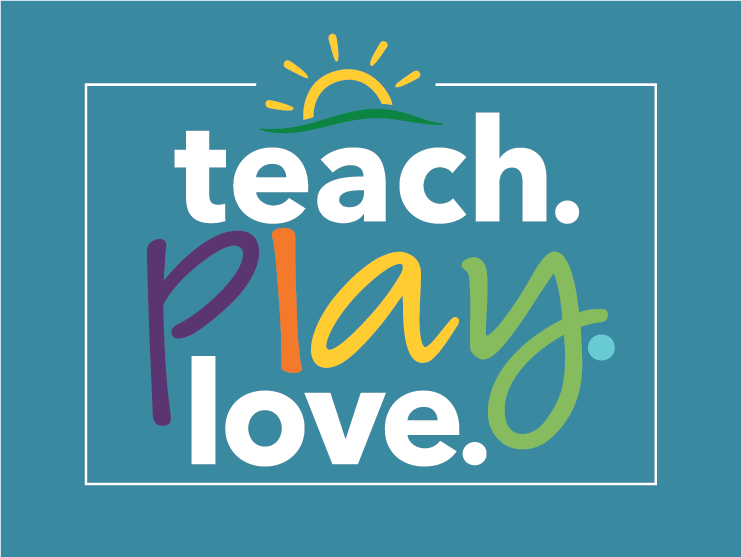Children often feel proud and excited about the art projects they bring home from school. Our immediate response may be, "Wow! Thats great, honey." Or, "I really love that purple flower you drew," when in actuality it was a purple sea monster. Although these comments arent harmful to children, engaging in a conversation about childrens art makes them more aware of their choices and also helps to boost vocabulary and verbal expression.
How to Talk to Children about Their Art
When looking at your childs artwork, try stating, "Tell me about your picture," as a way to encourage a conversation with him or her. Or, "What do you like about your work?" In this way, children can talk about their process for creating art rather than focusing on the end product. Their picture may not have anything to do with making something others can recognize, but rather it was created for the simple joy of using interesting art materials and supplies.
Here are some additional questions to encourage children to share about their artwork.
- Describe what you see: "I see you used a lot of colors. Why did you use blue over here?"
- Talk about their actions: "I noticed you made the lines go up and down."
- Ask about the process: "What part did you enjoy the most?"
- Encourage and support: "You made a lot of pictures today. Which one do you want to hang up?"
Tips for Encouraging Kids Creativity
Art is a creative expression that nurtures imagination. The way we can be most supportive is to know our children and encourage and appreciate progress based on the individual childs emerging interests and skills. As busy parents, we may be able to "handle with care" every scribble or paint blob they make, but we can support their efforts and encourage their creativity by trying the following.
- Avoid comparing your childs work to another childs. Art ability is not directly related to your childs development or how quickly he or she will learn to read and write.
- Emphasize process over product. Realize that, at this age, the process of creating is more important than what they actually create. Encouraging the effort is more effective than praising the product.
- Understand that art is soothing for most children, but some children resist sensory exploration or "getting their hands dirty."
Developing Your Childs Art Talent
Some children clearly have more artistic talent than others. Nurturing a young childs talent is best achieved through taking their efforts seriously, offering gentle encouragement and coaching, giving lots of opportunity to create with different media, and investing the time in helping your child gain confidence.
Whether a child shows the signs of artistic genius or, like many of us, seems unlikely to progress beyond stick figures and lumpy clay bowls, art plays an invaluable part in his or her development. Value it, appreciate the effort, and use the art as a springboard for conversation.




